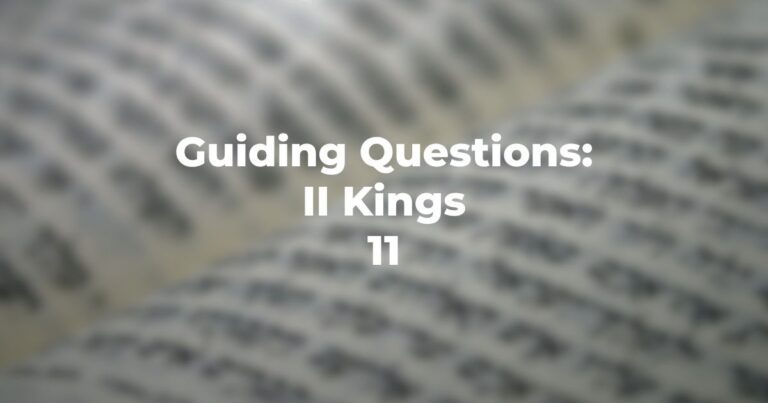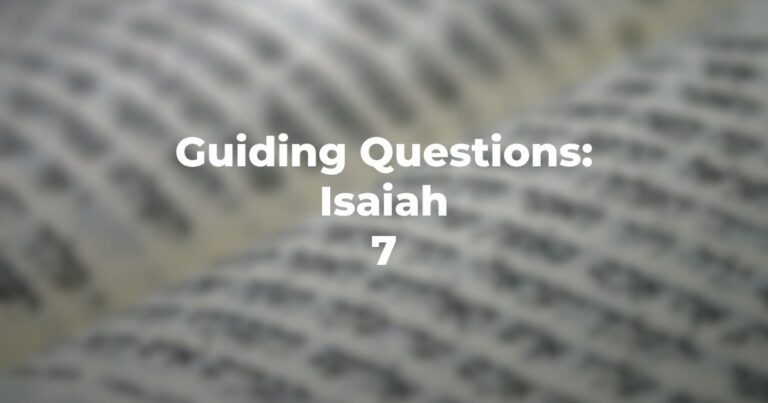- From whence does the trouble of the speaker derive, in his opinion?
- And, in Psalms 6:3, what is asked for and would the terminology imply physical sickness (necessarily)?
- Psalms 6:4 indicates that “my essence is most upset” — and what is asked of God?
- Is not the verb “shuva” usually applied to a human — is it pertinent in this particular context?
- Does the individual request consideration because of qualification or, rather, because of “God’s mercy”?
- Does Psalms 6:6 clearly indicate that there is no immortality and, moreover, that “Sheol” is, in essence, not “the next world” but rather “the nether world” and that death is the end — period?
- Would Psalms 6:7 indicate an intensive misery — but does it define its source?
- Would Psalms 6:9 seem to give the answer — being put upon by the “doers of evil” who are now removed?
- And, would Psalms 6:10-11 indicate that the “danger” or persecution is now quite gone?
- Who, then, is the recourse of the unfortunate — be it physiological concern, emotional privation, mental malaise or economic persecution?
Author
-

Exploring Judaism is the digital home for Conservative/Masorti Judaism, embracing the beauty and complexity of Judaism, and our personal search for meaning, learning, and connecting. Our goal is to create content based on three core framing: Meaning-Making (Why?), Practical Living (How?), and Explainers (What?).
View all posts





